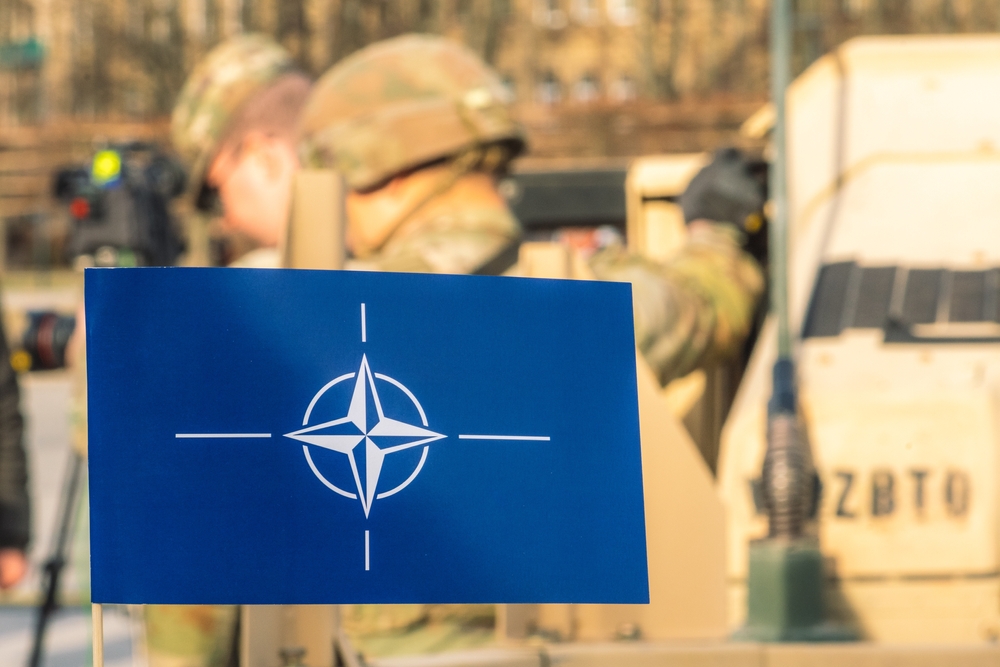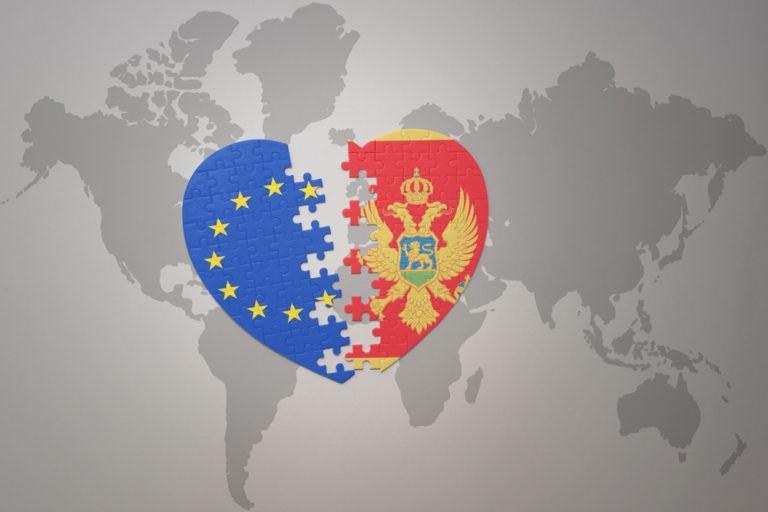
“Platinum Wolf” in Serbia: a step into NATO?
In June, the Serbian Armed Forces are planning to hold a joint exercise with the armies of the United States and other Western countries called “Platinum Wolf”. There have been similar military exercises before, but since the outbreak of hostilities in Ukraine, Serbia has suspended its participation in any joint military exercises. Everything was related to the policy of military neutrality, the true pride of a non-bloc Balkan state. However, it seems that this blessed time for the country is ending.
On December 26, 2007, the parliament, on the initiative of President Vojislav Koštunica, adopted a resolution on the state policy of military neutrality. According to the document, Serbia refused to participate in military blocs, and the change of this course was henceforth possible only through a popular referendum. However, the tradition of neutrality was born in Belgrade much earlier, when the founding forum of the famous Non-Aligned Movement was held in the Serbian capital in 1961. The very postulation of the policy of military neutrality already in the 21st century was a reaction to NATO bombing and unwillingness to join the formerly hostile and pro-independence Kosovo bloc. The policy of military neutrality, however, has not prevented Serbia from cooperating with both the West and the East in terms of armed forces.
In some ways this position can be considered advantageous, especially for a country like Serbia. Having not fully recovered from the consequences of the Socialist Federal Republic of Yugoslavia (SFRY) collapse, the Balkan wars of the 1990s, allied bombings, sanctions, and successive economic crises, each new government had to think first about stabilizing its domestic life. At the same time, neutrality allows for cooperation with major geopolitical players from opposing camps, avoiding dragging the country into another superpower confrontation with rattling weapons. In 2022, Serbia refused to participate in the regular exercise with the countries of the NATO pact “Platinum Wolf”. Obviously, the decision of Serbian President Aleksandar Vučić was influenced by the beginning of the conflict in Ukraine, as “Western partners” took its side. The Serbian leader with his gesture tried to express his country’s commitment to neutrality.
On the other hand, Serbia has often expressed skepticism about the concept of military neutrality, calling it populist. In December 2014, the Individual Cooperation Action Plan was signed between the NATO alliance and the Republic of Serbia. The document was the largest agreement between a Balkan country and the military bloc, incorporating all pre-existing agreements and adding new ones. NATO troops are allowed to move through Serbia’s territory and airspace, the country’s army is gradually brought up to Alliance standards and even joined the joint anti-crisis group HELBROC. The fact that NATO officers are permanently stationed in the Serbian General Staff (one of the first Serbian general headquarters to be bombed by the Alliance in the spring of 1999) raises questions about the country’s military neutrality. The Serbian patriots are periodically renewing the discussion that the military neutrality should be included as a clause in the Constitution. Otherwise, the resolution adopted in 2007 will be another document that in practice binds little and creates loopholes for those who want to circumvent its provisions.

At the beginning of April the news that Serbia was renewing its participation in the exercise “Platinum Wolf” together with the NATO countries spread through the newspapers. The event is to take place from June 16-30 at the training ground near the Serbian town of Bujanovac. It is quite symbolic that the village is located in the Preševo Valley, a place where Albanians live compactly. Incidentally, just a few weeks ago, American Ambassador Christopher Hill personally visited Preševo and expressed support for the dialogue between Belgrade and the self-proclaimed government in Pristina. Are the NATO exercises in the Albanian enclave in the vicinity of Kosovo another curtsy to the separatists and an attempt to show Serbia its “place”?
In general, there is plenty of symbolism in the West’s actions toward Serbia. Back in January, Aleksandar Vučić stated that “no one can tame the wolf” (the president’s last name literally translates as “wolf cub,” and the wolf is an animal symbol of Serbia). With this extravagant phrase Vučić was trying to show that EU pressure on Serbia to recognize Kosovo and Metohija would not work. However, most recently, US State Department adviser Derek Schole thanked the Serbian leader in his Twitter, both for taking part in the Ohrid dialogue with Pristina and for “reengaging with US on defence exercises “ with the hashtag #PlatinumWolf. Has the wolf been tamed after all?
The Demostat Research and Publishing Centre directly interprets this event as the end of the era of Serbia’s military neutrality. Official Belgrade, represented by the country’s Defense Ministry, was the latest to confirm its renewed participation in the exercise. According to Miloš Vučević, the Serbian Defense Minister, the resumption of exercises is not a sign of abandoning the policy of military neutrality. However, as expected, another unpopular action of the government was immediately covered by the opposition with its anger, demanding to cancel the “Platinum Wolf” and the government to be consistent in its decisions until the end of hostilities in Ukraine. Vučić even had to justify himself. According to the Serbian Defense Ministry, the “Platinum Wolf” is in no way a precedent, but rather brings exceptional benefits to the Serbian army and contributes to its combat effectiveness. But for patriots this was of little convincing, on the contrary, the exercise was called the destruction of Serbia’s military neutrality.
NATO’s insidious policy toward the small Balkan country has been cynical and systemic for decades. The carrot and stick is the best metaphor to describe the U.S. and European countries’ dialogue with Belgrade. Given the fait accompli of the recognition of the pseudo-state of Kosovo, one should not be surprised by the growing presence of the North Atlantic Alliance in the Western Balkans. NATO is used to speaking only from a position of strength, completely ignoring the will of the peoples of entire states. And the desire of the Serbian people today is basically that they do not want to hear about their country’s membership in a military bloc that has caused only countless sufferings to the people of this land.


Average Rating